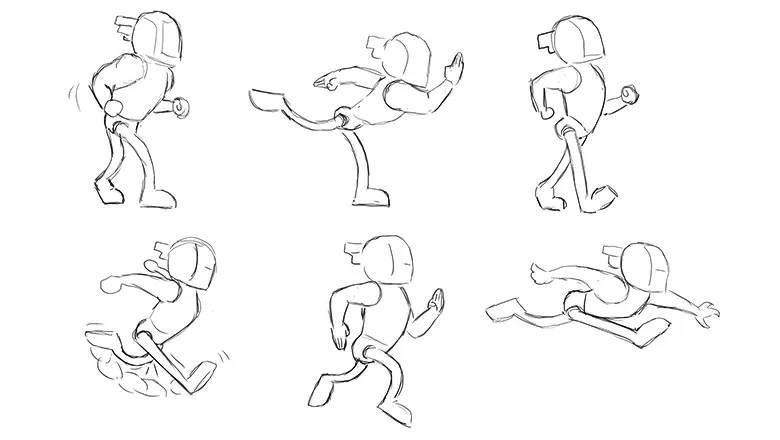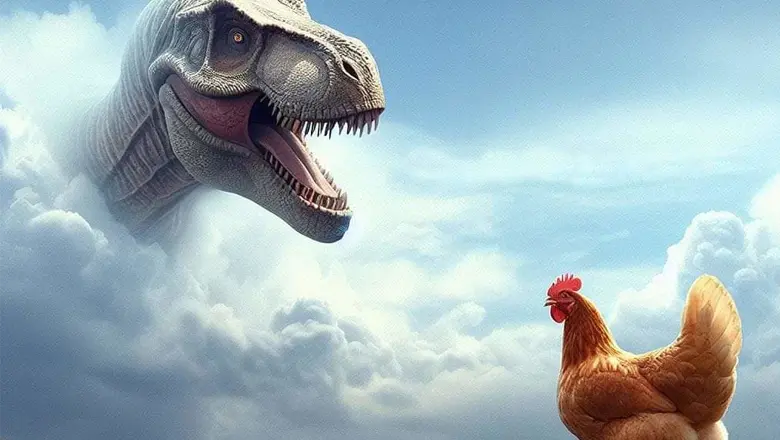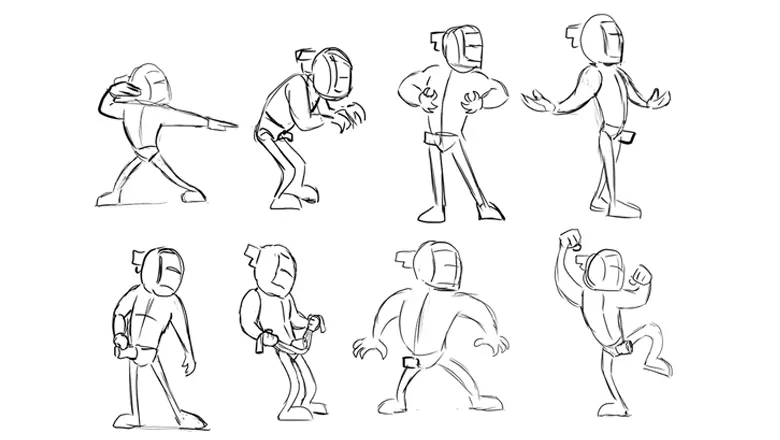1) Don’t Be Afraid to Ask for Help
Being an indie developer doe snot mean alone being alone at all times, not anymore anyway. In the early days, I was determined to fit all genres - developer, artist, marketer. I shouldn’t have thought of it as It was overwhelming and unsustainable. The indie game development community is vast and generally supportive, so utilize the network!
Reach out for help when you need it. Whether it's technical advice, art, sound, or marketing, there are forums, communities, and fothers willing to support your project. Collaboration can bring new ideas and polish to your game.
2) Don’t Be Afraid to Take a Break
Burnout is a real danger in indie game development. The passion that drives you can also consume you if not kept in check. I've learned this the hard way, pushing myself to the brink on several occasions.
Recognize the signs of burnout and take breaks when necessary. Sometimes stepping away from your project for a few days or even weeks can provide fresh perspective and renewed energy. Your health and well-being are paramount.
3) Don’t Be Afraid to Fail
Failure is not the opposite of success; it's a part of the journey. My first game was, by many accounts, a failure. It didn't sell well and received mixed reviews. However, the lessons learned were invaluable and directly contributed to the success of my subsequent projects.
Embrace failure as a learning opportunity. Analyze what went wrong and why, then apply those lessons to your next project. Persistence and resilience are key qualities in successful indie game developers.
4) Finish Your Game
One of the biggest hurdles for indie developers is actually finishing a game. It's easy to get caught in a loop of perpetual development, constantly tweaking and adding new features.
Set tangible milestones and deadlines for yourself. Remember, a finished game, even with imperfections, is infinitely more valuable than an eternal work-in-progress. Completing a game is a monumental achievement and a critical step in your development journey.
5) Start Marketing Early
Many indie developers, myself included, have made the mistake of thinking about marketing as an afterthought. In the crowded game market, visibility is as crucial as the quality of your game.
Begin building your game’s presence early. Use social media, development blogs, and game trailers to generate interest. Engage with your potential audience throughout the development process. A strong community can be a game's best marketing tool.
Conclusion/Personal experiences:
Indie game development is a journey fraught with challenges, but it's also one of the most rewarding endeavors you can undertake. These ten tips, born from personal experience and the wisdom of successful indie developers, are designed to guide you through the minefield of development. Remember, the essence of indie development is not just in creating games but in expressing your unique vision and passion. Stay true to yourself, learn from your mistakes, and keep pushing forward. The world of indie games is richer for having your voice in it.
Personal Experience: Overcoming Fear of Failure
As a solo indie game developer, I once found myself paralyzed by the fear of failure. I was hesitant to release my first game because I was worried it wouldn't meet players' expectations.
However, after seeking advice from other developers and receiving encouragement from the gaming community, I realized that the fear of failure was holding me back from potential success. I decided to take a leap of faith and released my game.
To my surprise, the game received positive feedback, and players appreciated the effort I had put into it.
This experience taught me that overcoming the fear of failure is crucial for indie game developers. Embracing the possibility of failure allowed me to take risks, learn from mistakes, and ultimately grow as a developer.
This personal experience aligns with tip #3, "Don’t be afraid to fail," as it emphasizes the importance of overcoming the fear of failure in the indie game development process.
Good luck!


